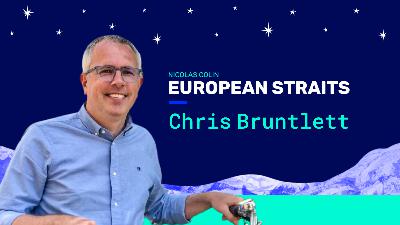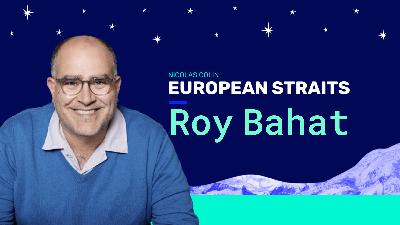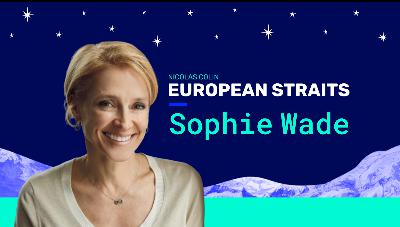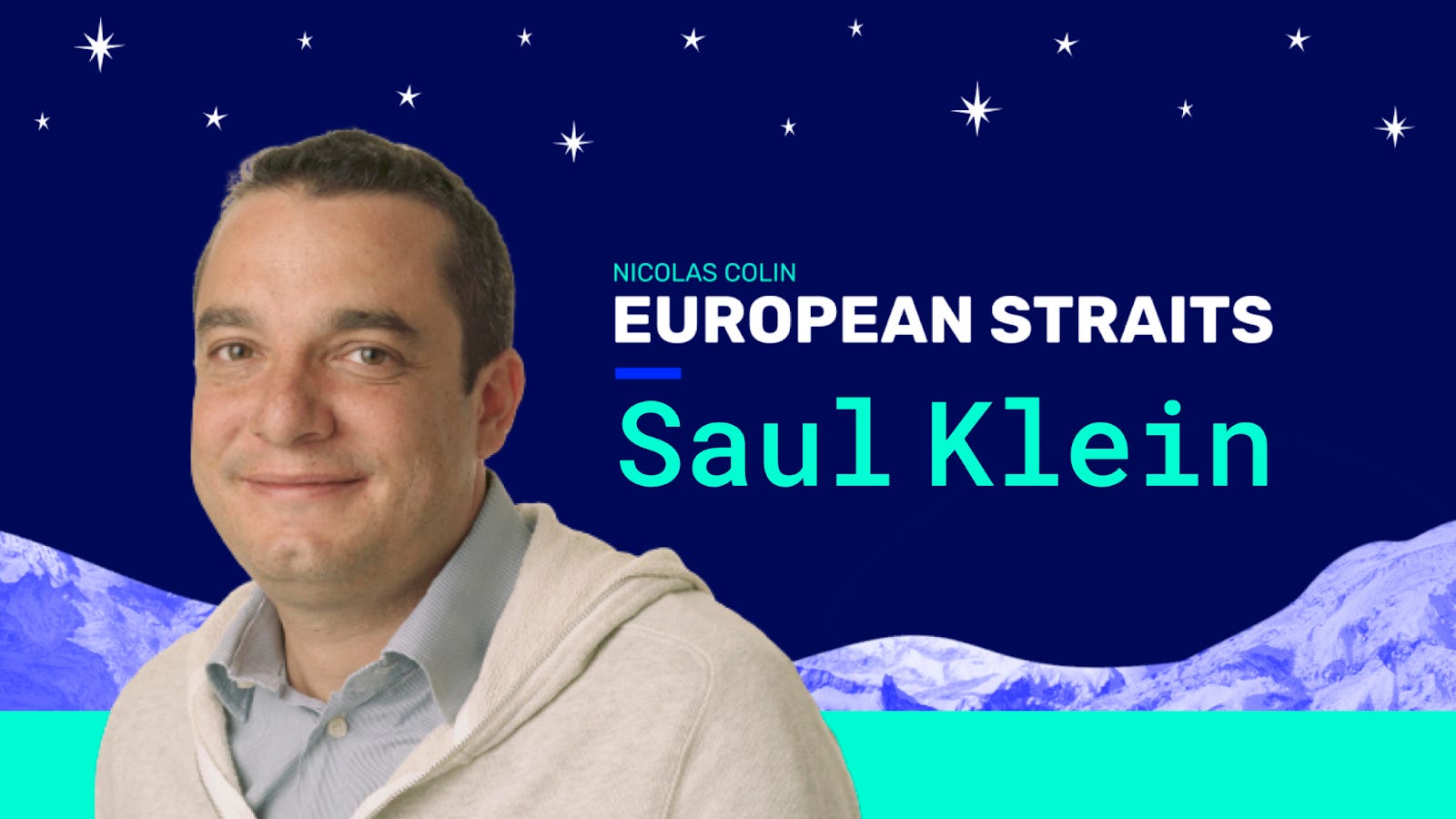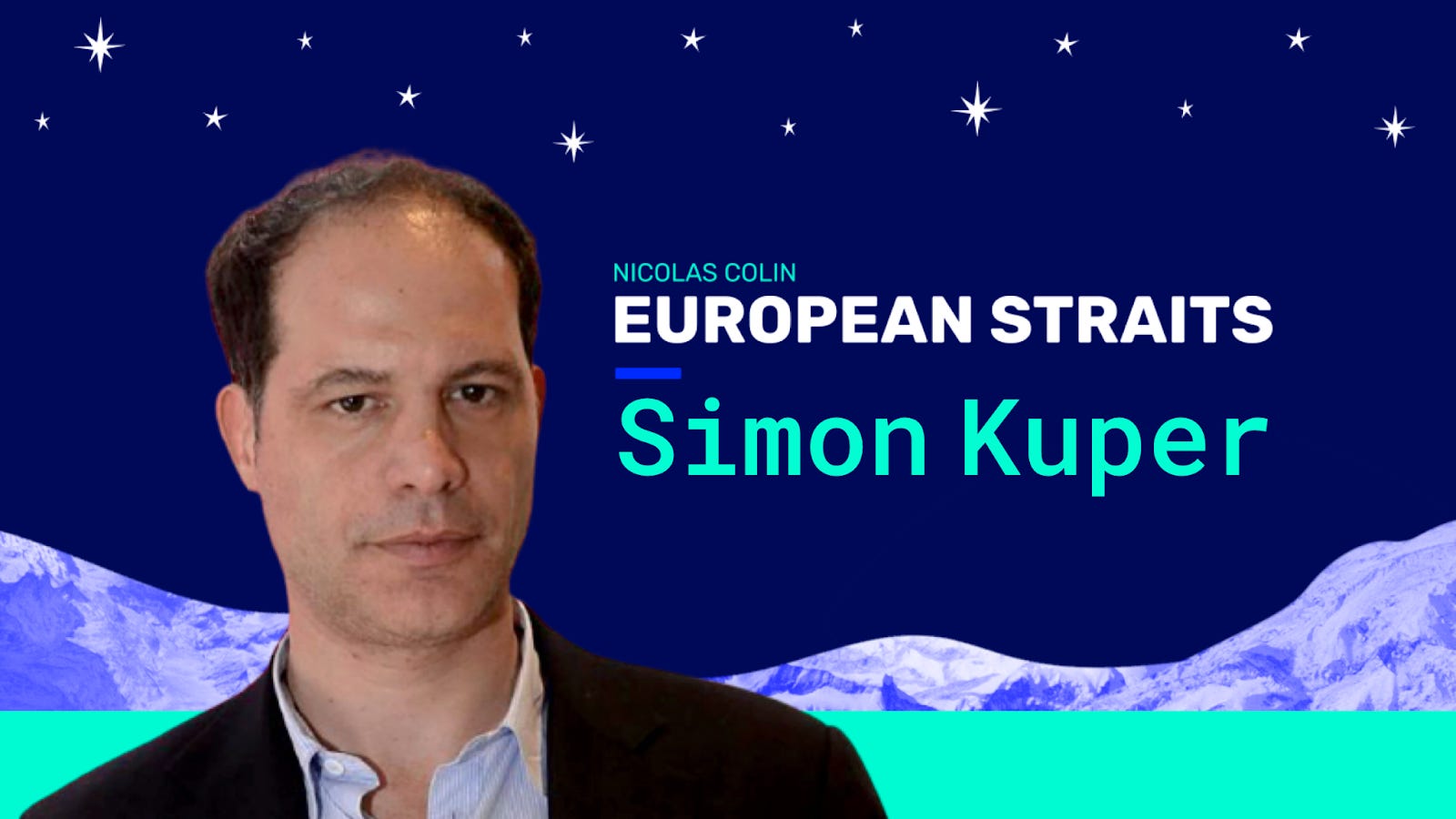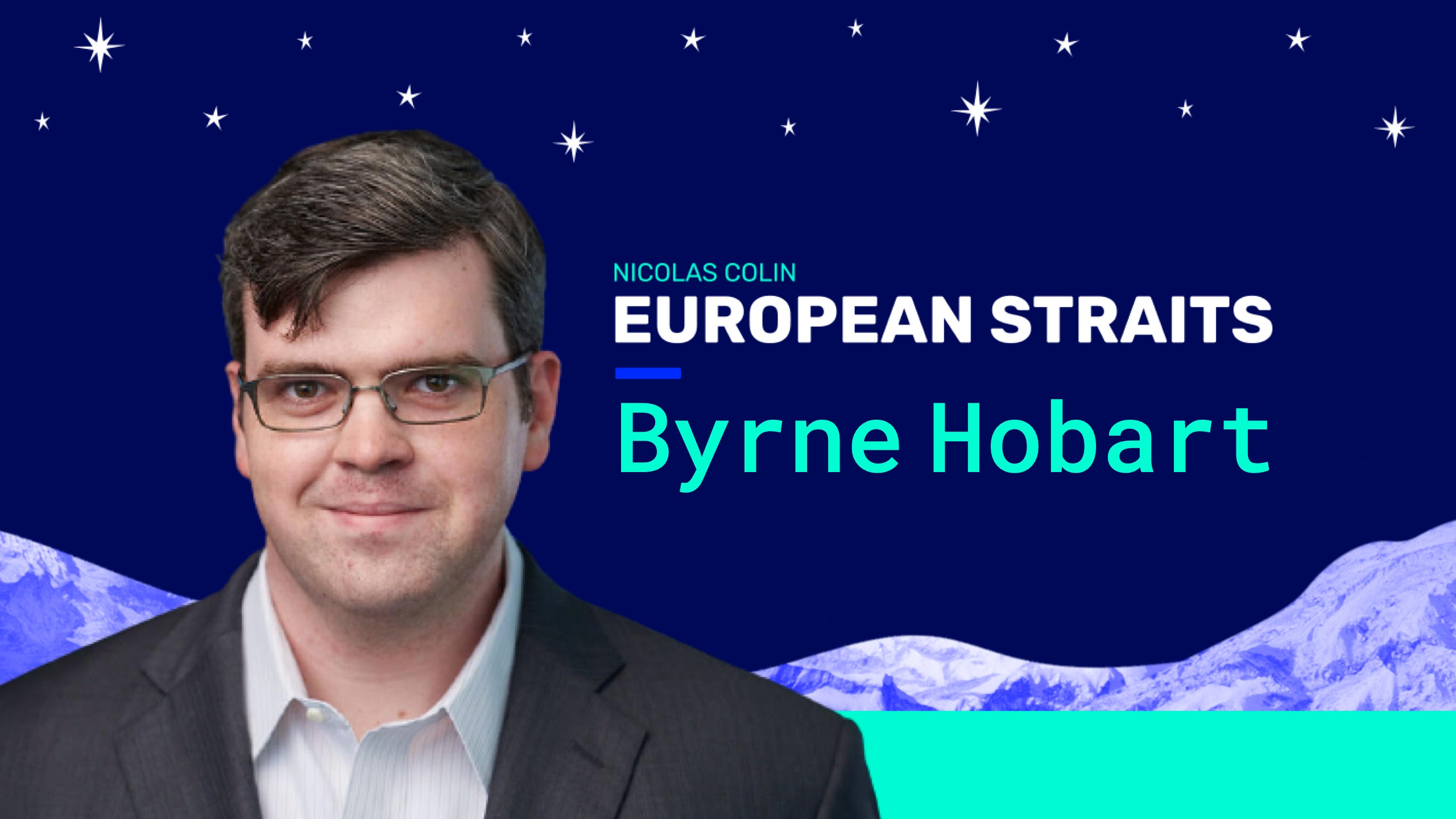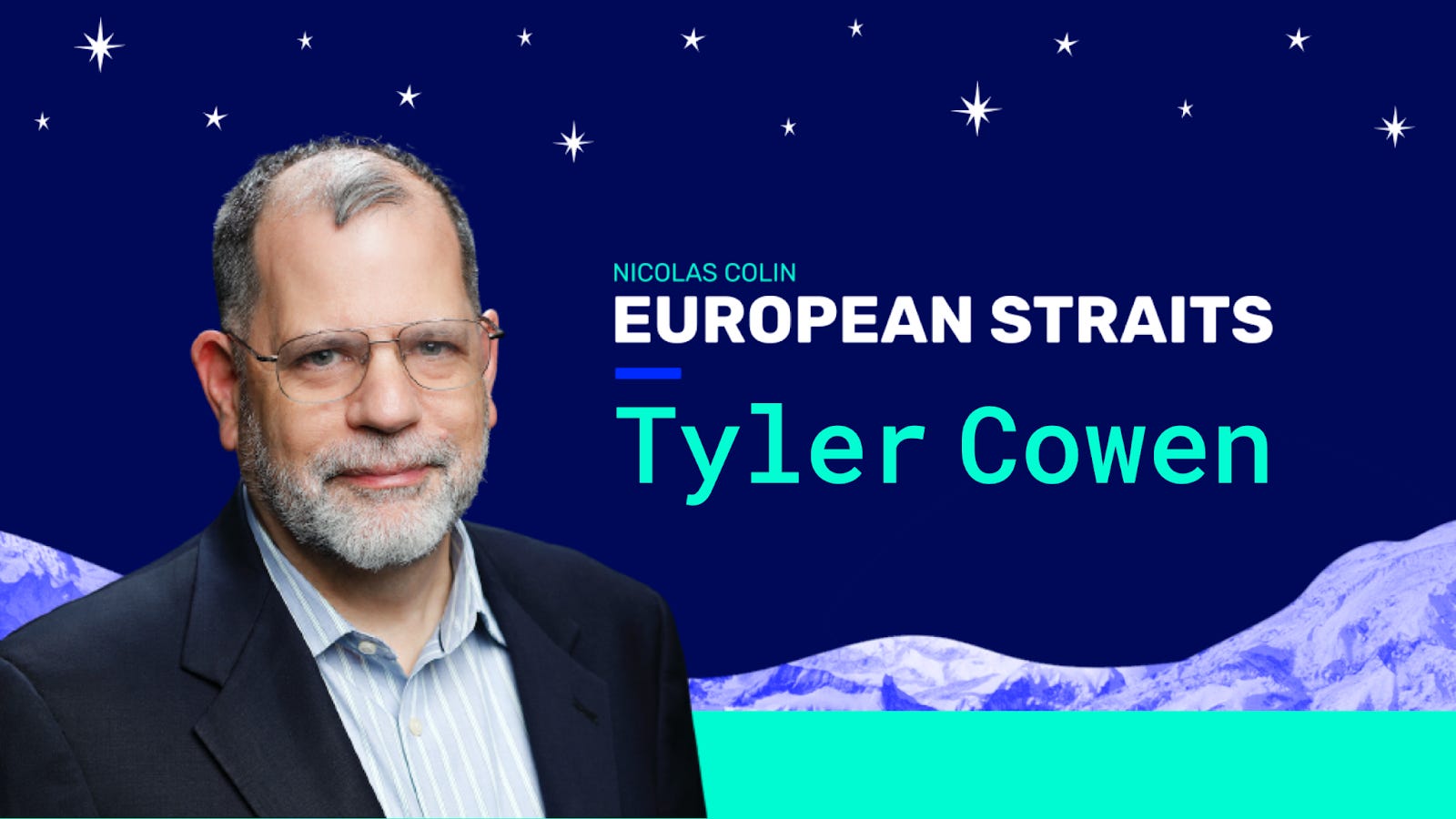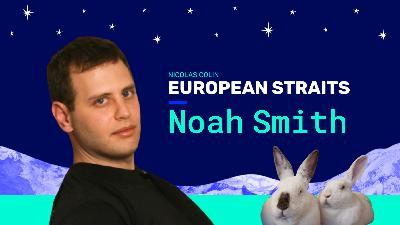Productive Disagreements w/ Ian Leslie. Restructuring. Taxation. Velocity in VC.
Description
The Agenda 👇
* My wife Laetitia Vitaud spoke with author Ian Leslie about conflicts and disagreements 🎧
* Apply to On Deck Angels, an eight-week fellowship for top angel investors
* Sharing my experience restructuring my firm The Family during the pandemic
* I’ve been writing about corporate taxation in the digital economy since...forever
* Everyone’s obsessed with Tiger Global. My take on a key feature of their model: velocity
Today’s episode of Building Bridges is Laetitia’s conversation with Ian Leslie, a former ad man and author of the recently published Conflicted: How Productive Disagreements Lead to Better Outcomes.
Ian first emerged on my radar three years ago when I read an inspiring article he wrote about the future of advertising and brands in a more digital economy. I started to follow him on Twitter and then signed up to his excellent newsletter The Ruffian. When he tweeted that he was spending a few days in Paris, I had my colleague Kyle Hall interview him on stage at our then-flagship office in Paris.
And when he more recently announced that he was about to publish a new book, I told Laetitia she had to have him as a guest on the podcast and ask him about why he thinks conflicts can be a good thing.
* I hope you’ll enjoy Laetitia and Ian’s conversation on conflicts, disagreements, and how they can lead to better outcomes. A rather timely topic!
Here’s what Laetitia wrote on the Building Bridges website:
Like a lot of other animals we humans respond to threat with two tactics: fight or flight. Either we become very hostile or we do everything we can to avoid any kind of argument. But both these reactions are completely dysfunctional. The internet isn’t helping: social media are designed to turn what could be productive exchanges into useless cockfights in a public arena.
The counterintuitive truth is that we need conflicts to move forward and live and work together more happily. Conflicts can bring us closer. “Couples and teams are happier when they are in the habit of passionate disagreement. Conflict can draw people together.” That’s why the author devotes the second half of the book to his 10 “rules of productive argument” to help us get better at disagreeing with others.
Establish a relationship of trust with the other person, accept them for who they are, try and make them feel good about themselves, consider that you might be perceived as “weird” by the other person, be curious about their point of view and actually listen to what they have to say...and above all else be real and honest when you interact with them.
The stories told in the book and the insights shared show this guide to productive disagreement is indispensable reading.
👉 Listen to Laetitia’s conversation with Ian in the latest episode of the Building Bridges podcast using the player above 👆 or on Apple Podcasts or Spotify 🎧
⚠️ On Deck Angels (ODA) is an eight-week fellowship for top angel investors looking to hone their investing craft through community, tactical workshops and deal flow.
* ODA addresses topics such as: mental models and investing frameworks, establishing a track record, adding value post-investment, and learning how to build an angel brand.
Some of the founding fellows include Dan Romero, VP of Coinbase; Michael Vaughan, COO of Venmo; and Ann Ferracane, founder of Patch Ventures.
Interested in joining ODA? Learn more and apply here.
🏗 Restructuring The Family
As I’m sure you know, writing this newsletter isn’t my only job at The Family (or at least, I hope you assumed that! 😉) Over the past year, a large part of my time has been taken up by a major restructuring of our firm—one that, although not prompted by COVID-19, was immediately and drastically affected by the broader economic context of the pandemic.
It has been a rather complicated operation. Restructuring a business is something that’s relatively simple in theory and even in the steps to be taken, but quite difficult to actually execute. In no small part that’s because each step requires you to remain absolutely faithful to the plan, even when faced with difficult and/or deteriorating relationships with creditors, suppliers, employees that are let go, etc.
When done well, though, restructuring is a real opportunity to not only get the business onto more solid ground, but also to double down on everything that works well in your organization. You get a better view of which outsider providers are doing a great job (and which ones aren’t), your team can make faster decisions, and your management can refocus on the big picture. In doing so, remember that none of it is simply an end in itself: your goal isn’t survival, it’s to make sure the business can thrive, positioning itself to execute on a sound strategy over the coming years.
👉 I gave subscribers a peek behind the curtain in Restructuring The Family.
🚪 All About Taxation in the Digital Economy
As noted last week, the Biden administration’s push for international coordination on corporate taxation could finally produce results in a field that has been slow to adapt to the digital age. The lack of results certainly hasn’t been due to a lack of interest, however, and there is a rich bibliography for anyone wanting to dive further into the topic of how corporate taxation is and could be structured.
My own writings on this specific topic date back to a report that the French government commissioned from me and Pierre Collin, a respected tax judge, back in 2013 (my participation in that report came following the publication of L’Âge de la multitude with my friend Henri Verdier in 2012). The report was then followed with many (more accessible) articles on the topic, in outlets ranging from Forbes to Politico EU to The Family’s own publication on Medium.
More recently, I’ve directed my attention specifically at how corporate taxation impacts startups and startup ecosystems. Indeed, these aren’t simply questions about how to tax profits; corporate taxation is also critical in subjects such as rewarding employees for value creation through equity sharing, enabling a remote workforce, and generally building startups across borders.
👉 Go further on a topic that I really do find quite fascinating in All About Taxation in the Digital Economy.
🌐 Velocity in Venture Capital
Much talk in the VC world lately has been about hedge fund Tiger Global’s move into venture, with Founders Fund’s Everett Randle’s in-depth article on the topic serving as an excellent base for discussion. For me, this discussion is related to several recurring themes in this newsletter: the diffraction of venture capital, the fact that returns go down as predictability goes up, and new quantitative/indexing methods for deploying capital in venture.
In yesterday’s edition, I concentrated on one characteristic that has its role to play in each of those trends: the velocity with which money flows in the venture space. To keep it short, the idea is that by increasing the speed at which money moves from one hand to another, you can create more value in the economy, even without increasing the quantity of money in the system.
Now, in today’s low-interest-rate world, we know that there is in fact an increasing amount of money in the system. Nonetheless, the lesson remains: by






